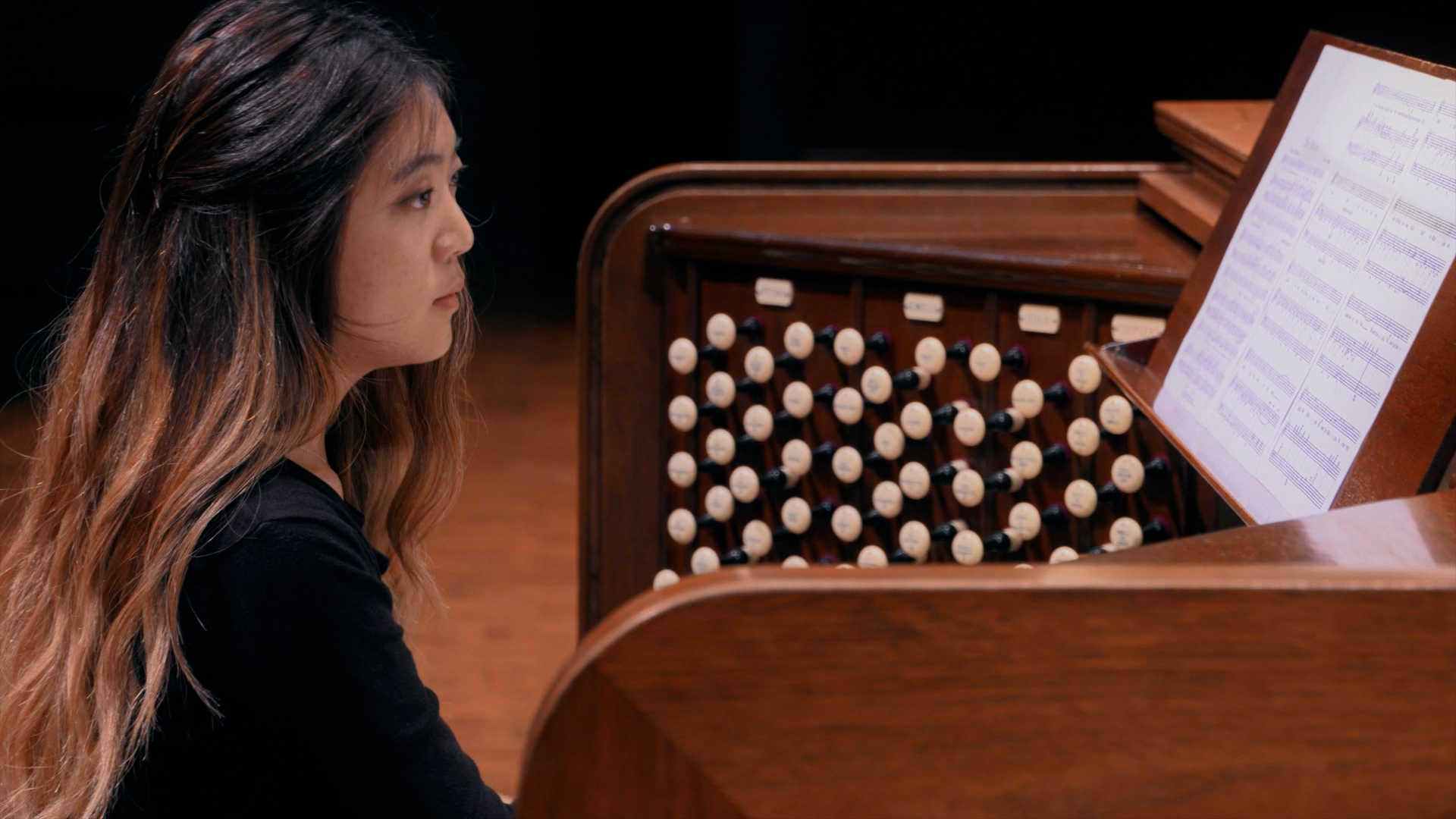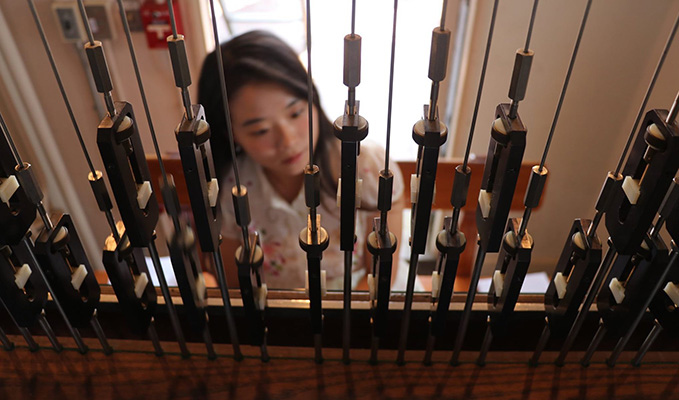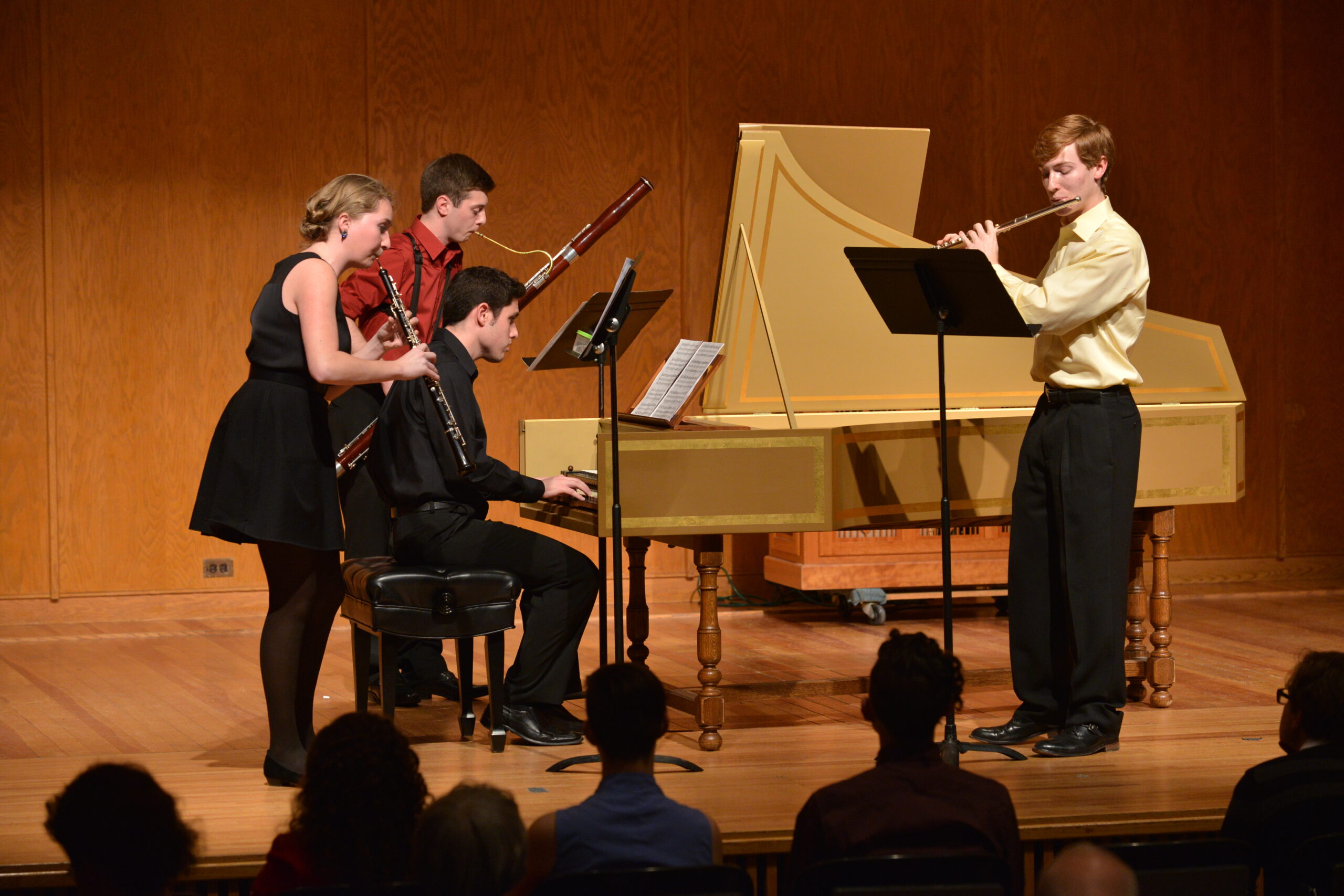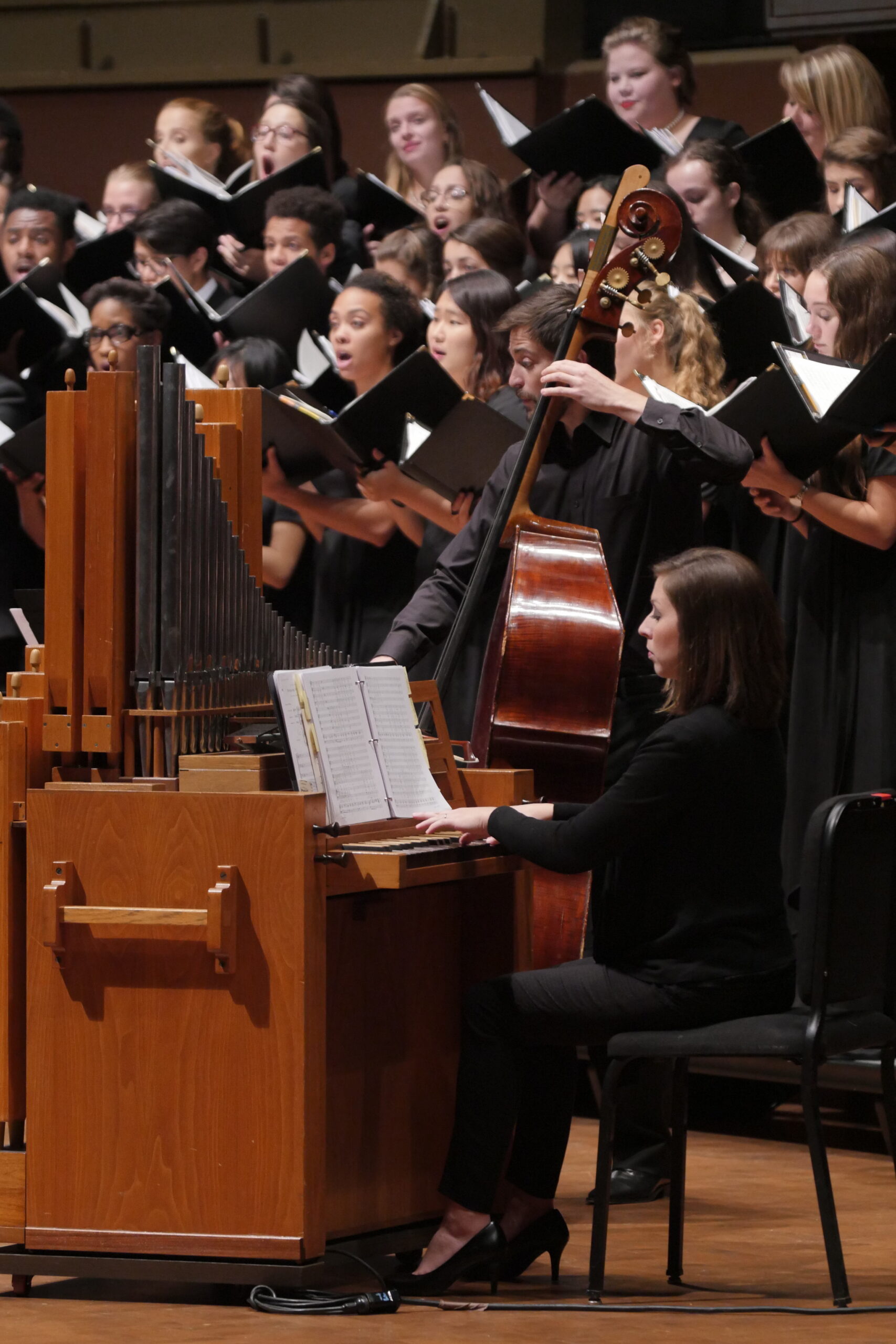Master of Music in Composition
This degree program is designed for students seeking intensive and specialized professional training in composition. Applicants must possess a bachelor’s degree in music or its equivalent along with a substantial composition background.Designed for students seeking intensive and specialized professional training in composition. Applicants must possess a bachelor’s degree in music or its equivalent along with a substantial composition background.
Note: The difference between the curricula for the MM and MA programs in composition is that the non-Composition electives for the MM degree are within SMTD (e.g., performance, musicology, or music theory), while the non-Composition electives for the MA degree are in another academic unit at U-M. While the application process differs for these degrees, the admission criteria are identical, and it is possible to change from one to the other after admission. Applicants whose undergraduate work was strong in liberal arts and who wish to continue that emphasis at the graduate level may prefer to apply for the MA. Applicants wishing the maximum number of elections in music should choose the MM program. Course elections in performance do not count toward the thirty hours required for the Master of Arts degree.
Curriculum
The Master of Music in Composition requires a minimum of 30 credits. Coursework to include:
- Private composition instruction
- Composition Seminar
- Music Theory
- Musicology
- Electronic Music and/or Music Technology
- Non-Composition SMTD electives
Silent Advisor
Degree requirements and term-by-term layout for current students.
Faculty
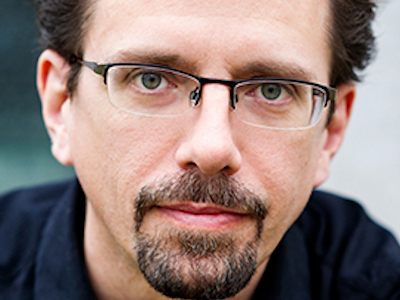
Evan Chambers

Michael Daugherty
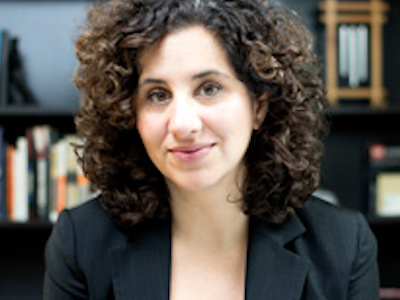
Roshanne Etezady

Kristin Kuster
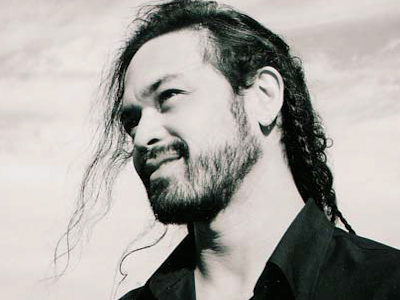
Erik Santos
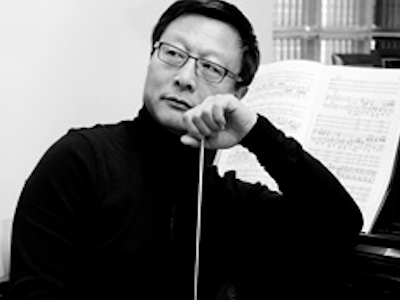
Bright Sheng
Performance Opportunities
From large ensembles in celebrated concert halls to chamber groups in intimate recital spaces, performance opportunities across all disciplines abound, with nearly 900 student performances each academic year. Whether your focus is on early, classical, or contemporary music, whether your passion is for jazz, electronic, or world music, there is an ensemble—or in many cases, multiple ensembles—to suit your interests, including specific opportunities for percussion, piano, and organ & carillon. For students in theatre & drama, musical theatre, dance, and opera, opportunities abound in both professionally produced and student-run presentations.

